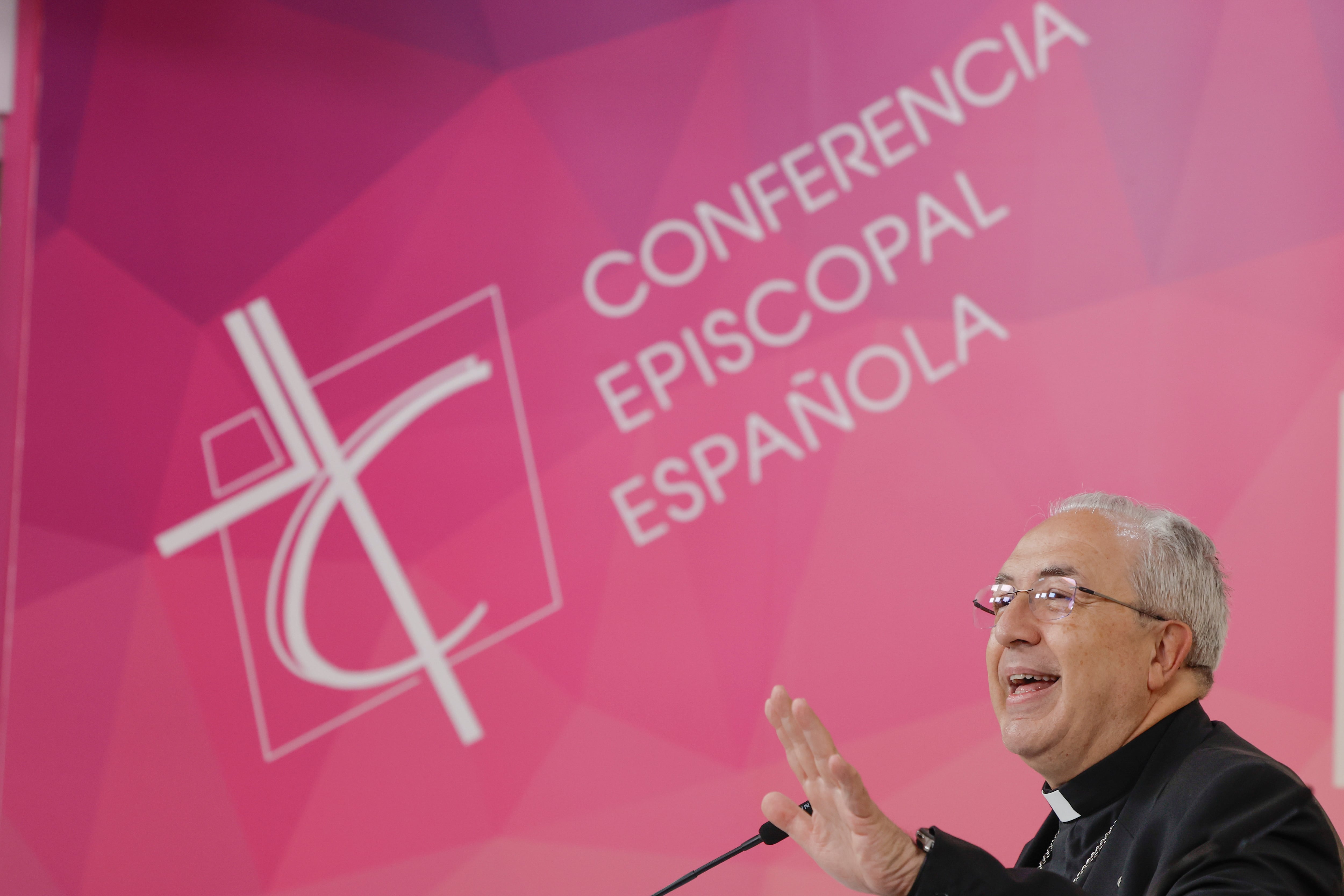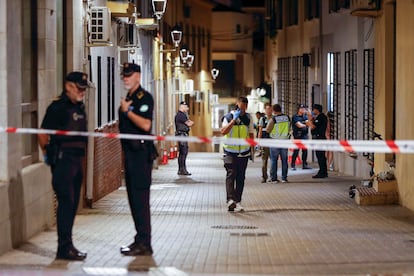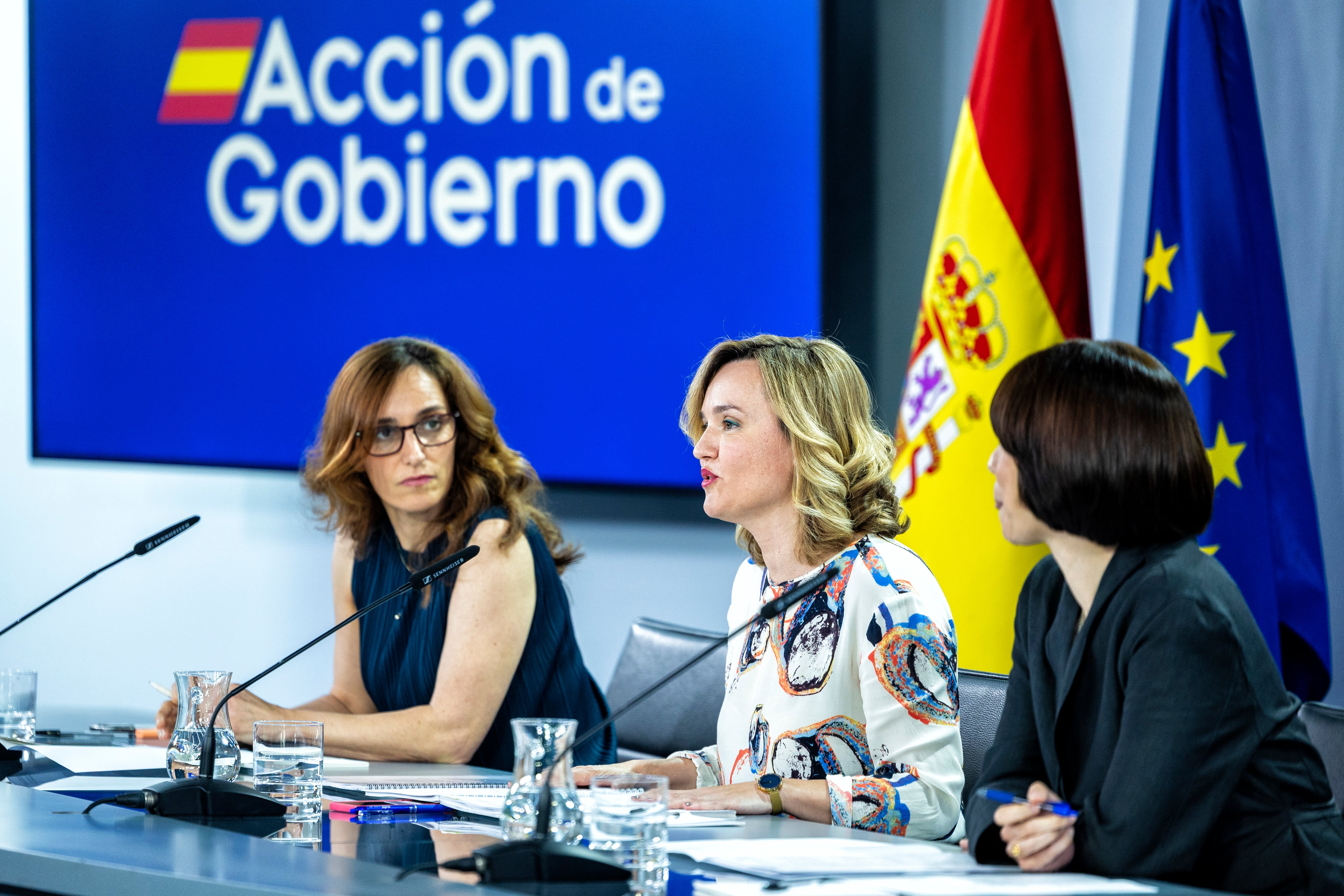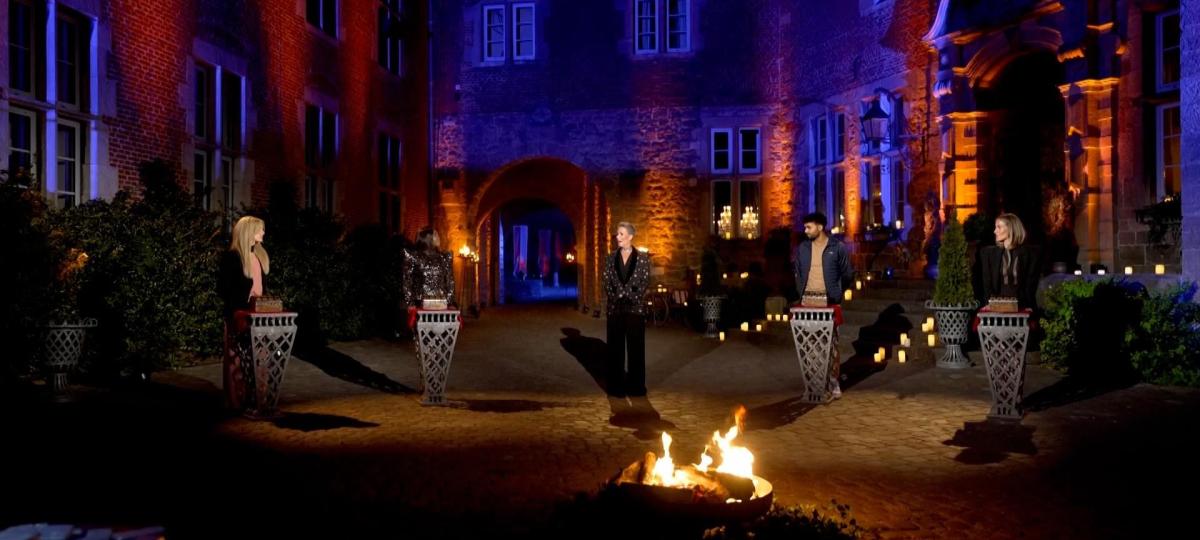No game, but in voice | Opinion

The presence of the Catholic Church in the Spanish public debate often generates a stir – and certain nervousness – when it goes from being the scene of controversies or scandals to become an active agent in social and political issues. Two recent facts have highlighted it: The agreement signed between the Government and the Vatican on the future of the Cuelgamuros Valley, and the claim that the Socialist Party and the Popular Party (that is, the parliamentary majority representing the vast social majority of this country) accept the processing of the popular legislative initiative that seeks regularize half a million immigrants.
In both cases, the Church has spoken clearly and has left citizens and politicians from the entire ideological spectrum, both those who automatically assign any opinion of the Church to positions of the right and those who, due to being considered Catholics estimate that they have to identify their political creed with the religious. The Agreement on Co -Camuros has even given rise to the shocking image of a demonstration before the headquarters of the Episcopal Conference in which the bishops of « traitors » and « Judas » were labeled. But, far from being a sign of disorientation of bishops, this situation reflects a healthy reality: the Church is not an appendix of any partisan project or as the general secretary of the Spanish Episcopal Conference has said, César García Magán, « No political party is the Church party. »
This posture disavowes any political formation or organization that intends to speak on behalf of the Church, Which, given the history of Spain in the twentieth century and that oxymoron called National Catholicism, has special relevance. Any Catholic should know that recognizing himself as such nor does he give him the right to speak on behalf of the Church, much less to present his political theses as a perfectly aligned extension with the teaching (capitalized), thus using this resource as an argument of authority before the Catholic electorate. The journalistic division (Nostra guilt, Nostra Maxima guilt) Regarding those who are part of the Church and its hierarchy in « conservative », « progressive », « reformists », « traditionalists », etc. can be used to explain roughly Where each one is, but, in reality, it is very inaccurate and generates a lot of confusion. For example, it is not understood that bishops considered « very conservative » claim without political reserves considered left (and it would be necessary to see why these policies are considered only lefts, but that is another story) as is happening regarding the issue of immigration or social justice.
And although in some countries the Church has been identified with great political parties (the first thing that comes to mind is Italian Christian democracy), this does not mean that the model is successful. In fact, it can be dangerous because either the political party ends up being a puppet in the hands of the ecclesial hierarchy and the democratic system is misrepresented, or the party ends up usurping the identity of the Church before the citizenship.
However, none of this means, much less, that the Church cannot participate in the political conversation. On the contrary. The participation of the Church in public affairs is not only legitimate from the point of view of democratic health, but is also protected by international and national legal frameworks. Article 19 of The Universal Declaration of Human Rights, and freedoms of expression and association recognized by the Spanish Constitution and by European treaties endorse the presence of religious confessions in social life.
Beyond the legal frameworks, there is a very deep reality: religion is not a purely private experience, but it necessarily has a social dimension that also goes far beyond the doors of the temples. Christianity says a lot about work, justice, migration, memory, social rights or the care of nature, to name a few examples. That is, pure and hard politics. Actually, what is at stake is not so much the concrete position that the Church adopts at a given time, but its right to participate in the public conversation without being spent or instrumentalized.
Since the persecutions against Christians and Christianity ended up having legal recognition (and since 313 the primacy also also administrative), the relations between civil and religious power (the throne and the altar) have been stormy. But for approximately 1,500 years both parties did not draw the religious fact of the equation when dealing with earthly issues. However, this changed following the lay revolutions (and often anti -religious) since the end of the 18th and 19th century. With exceptions (the Spanish, among others, in the twentieth century), in general the dynamics has tried to reduce the presence of religion in public space and, if perhaps, its reservation to the field almost of intimacy. But it happens that religion is not a private thought without social dimension, but is a private conviction of public repercussions. The struggle to know how far these repercussions arrive It is the heart that is still unresolved from the revolutions fruit of the Enlightenment. And while the issue is settled, the Catholic Church will not have matches, but voice.








